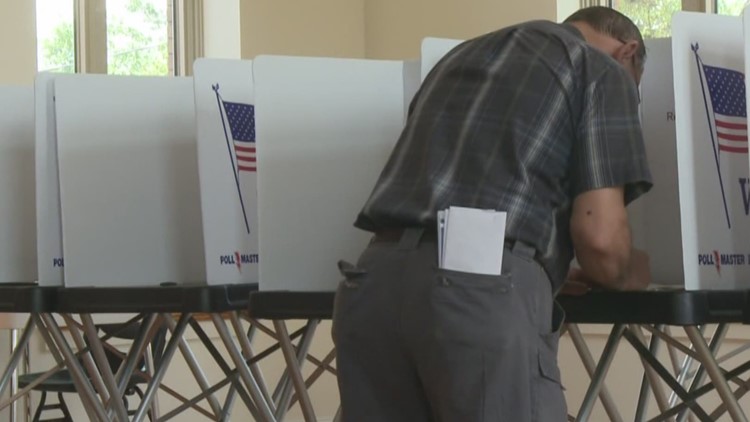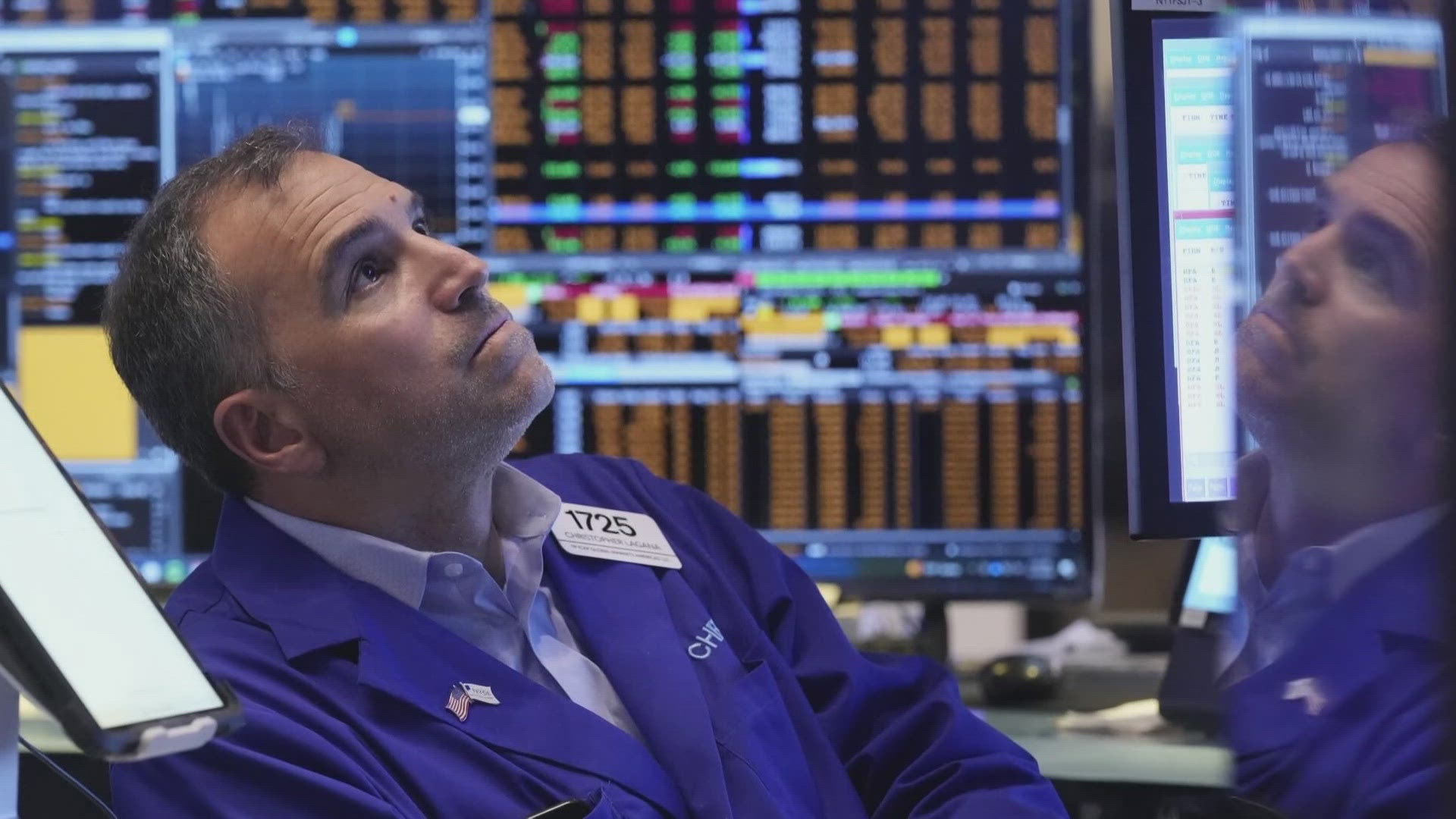A sensational, two-day hearing with plenty of courtroom drama is fueling anticipation about a federal judge's upcoming decision whether to block provisions of a new Florida law requiring felons to repay all court fines and fees before they can be allowed to vote in future elections.
It's not immediately clear how quickly U.S. District Judge Robert Hinkle in Tallahassee will decide on the future of the law, signed over the summer by Florida’s Republican governor and passed by its GOP-controlled legislature.
What is clear is that the decision could have important political implications for President Donald Trump. The law affects as many as 1.4 million felons in Florida – convicted of crimes other than murder or sexual offenses – and whether they can have their voting rights restored after they have served their prison sentences.
Questions about the effects of the law for Republicans versus Democrats permeated the two-day federal court hearing that ended Tuesday.
Florida is expected to be a critical swing state in the 2020 presidential race: Trump won Florida’s 29 electoral votes in 2016 over Democratic nominee Hillary Clinton by fewer than 113,000 votes statewide. The president has already visited Florida at least nine times so far this year, for campaign rallies and also to spend time at his Palm Beach resort.
It’s unclear whether Republicans or Democrats might see gains from the sudden addition of more than 1 million new voters, but plaintiffs said the law disproportionately hurts minority would-be voters, who tend to skew Democratic in national elections. Florida currently has nearly 13.5 million registered voters.
“A material and motivating factor in adopting the statute was to reduce and limit the number of black persons who would otherwise be eligible to have their voting rights restored,” the lawsuit said.
Florida voters in November restored felon voting rights with the passage of Amendment 4 by a margin of nearly 30 percent of statewide votes. It allowed many felons to vote once they had completed “all terms of their sentence.”
But in June, Republican Gov. Ron DeSantis signed into a law a measure specifying that felons could vote only if they had repaid all outstanding fines and fees, which sometimes can be thousands of dollars. Civil rights groups in the case, including the NAACP and American Civil Liberties Union, argued in court that those payments amounted to an illegal poll tax.
During courtroom arguments, Hinkle asked attorneys whether the new law might be politically motivated, “to help Republicans and not to help Democrats?” Hinkle was appointed as a federal judge in 1996 by President Bill Clinton.
Among the complex issues in the case are felons who say they can’t determine whether or how much they owe in unpaid court fees because records aren’t readily available in cases from many years ago or from courts outside Florida.
At one point, Hinkle challenged assurances by the government’s lawyer that Florida wouldn’t prosecute a felon who wrongly registered to vote without knowing he was technically ineligible because of such unpaid fines. The judge seemed incredulous, saying “ignorance of the law is not usually an excuse.”
Rosemary McCoy, a plaintiff, told the judge she owed more than $7,000 that she can’t afford to pay, meaning she can’t vote in upcoming elections. Duval County Circuit Court records show that McCoy pleaded guilty in June 2015 to charges of racketeering, fraud and grand theft after she was accused of renting homes that never belonged to her without permission from the homeowners. She was sentenced to two years in prison and ordered to pay $6,400 in restitution on those charges.
The case is Jones et al v. Desantis, No. 4:19-cv-00300, in the U.S. District Court for the Northern District of Florida.
______________
This story was produced by Fresh Take Florida, a news service of the University of Florida College of Journalism and Communications.
What other people are reading right now:
FREE 10NEWS APP:





